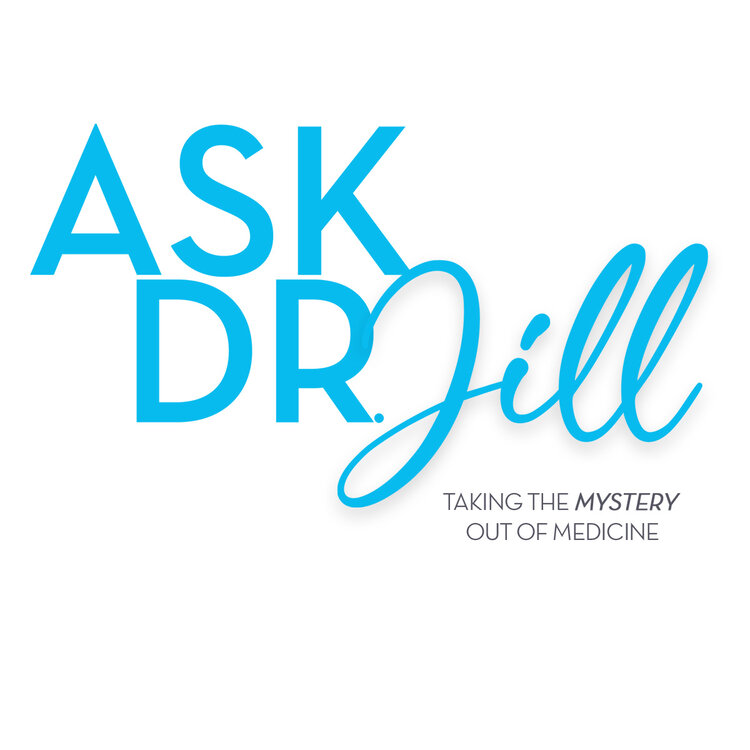Boosting Immunity During an Antibiotic Shortage: 10 Essential Steps
In a world where antibiotic resistance is on the rise and antibiotic shortages are becoming more common, it's crucial for individuals to take proactive measures to protect themselves from infections. Antibiotics are essential tools in modern medicine, but their overuse and misuse have led to the development of antibiotic-resistant bacteria. To navigate these challenging times and enhance your immunity, here are ten vital steps you can take, including the incorporation of vitamins C and D:
1. Practice Good Hygiene: The most basic defense against infections is proper handwashing. Wash your hands with soap and water for at least 20 seconds, especially before eating and after using the restroom.
2. Maintain a Healthy Diet: A well-balanced diet with plenty of fruits and vegetables can boost your immune system, making your body more resilient to infections. Incorporate foods rich in vitamins and minerals, including vitamin C.
3. Vitamin C: Vitamin C is known for its immune-boosting properties. Incorporate citrus fruits, strawberries, bell peppers, and broccoli into your diet for a vitamin C boost.
4. Stay Active: Regular physical activity can strengthen your immune system and overall health. Aim for at least 150 minutes of moderate-intensity exercise per week.
5. Get Vaccinated: Vaccines are one of the most effective ways to prevent certain infections. Make sure you're up to date on your vaccinations, including flu shots.
6. Practice Safe Sex: Use protection and get regular check-ups to prevent sexually transmitted infections.
7. Avoid Unnecessary Antibiotics: Don't pressure your doctor for antibiotics when they are not needed, such as for viral infections like the common cold or flu. Overuse of antibiotics contributes to resistance.
8. Educate Yourself: Understand the difference between bacterial and viral infections. Antibiotics are only effective against bacterial infections, so don't expect them to work for viral illnesses.
9. Consult a Healthcare Professional: If you suspect an infection, seek medical advice promptly. Early intervention can prevent minor infections from becoming severe.
10. Vitamin D: Vitamin D is crucial for immune function. Spend some time outdoors to allow your body to produce vitamin D naturally through sun exposure. You can also incorporate vitamin D-rich foods like fatty fish, fortified dairy products, and supplements if recommended by a healthcare provider.
Remember that preventing infections is not just about antibiotics; it's about adopting a holistic approach to health and hygiene. By following these steps and ensuring you have adequate levels of vitamins C and D, you can reduce your risk of infection and contribute to the fight against antibiotic resistance. During times of antibiotic shortages, these practices become even more critical in safeguarding your health and the health of your community.
Get your prevention bundle today! Use the code: MedicalMoment to get 5% off your order.

